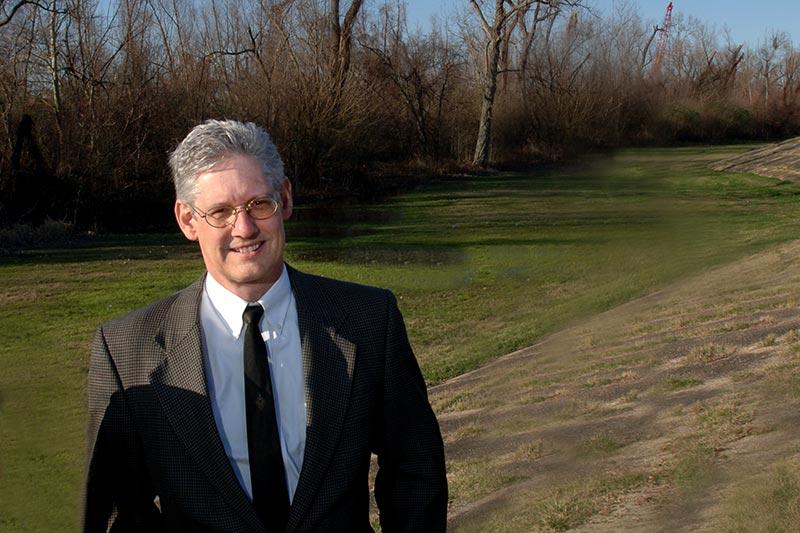Flood insurance is essential protection
As a huge swath of Louisiana — virtually the southern third of the state — mops up water and clears out damage from epic flooding two weeks ago, there are lessons to be learned.
The No. 1 lesson is: Protect yourself with flood insurance.
“Everybody should prepare for flooding,” said Mark Davis, senior research fellow at Tulane Law School and director of the Tulane Institute on Water Resources Law & Policy, “because it doesn’t matter where you are. You can be in a desert and still get a downpour that floods you.”
“Rain produces more floods and broader floods than anything else.”
Mark Davis, Tulane Institute on Water Resources Law & Policy
Hurricanes and river overflows are not the cause of most flooding. “In fact, rain produces more floods and broader floods than anything else,” said Davis, who has been involved in water law and policy for 25 years.
The scope and intensity of the rainstorm that started on Aug. 12, inundating Louisiana with as much as 2 feet of rain within 48 hours, was unprecedented in recent memory. But, “everyone needs to consider the likelihood that you will flood one day,” said Davis.
The people of Louisiana are good at recovery, said Davis. The most important thing to come out of rebuilding after Hurricane Katrina in 2005 can apply to today. That is, a sense of civics and community that transcended the boundaries of Orleans Parish and extended to other parts of the United States and the world.
It was not the money spent, the new levees built, the pumps engineered or the new building codes enforced that was of most significance in the aftermath of Katrina, said Davis. “What really was of enduring value was the sense of responsibility of the people here in Louisiana.”
People were reminded after Katrina that “nothing happens if we don’t make it happen,” said Davis.
What Davis and his colleagues are trying to do in the aftermath of the recent flood “is help prepare families and communities for the realities ahead and what their options are.”

